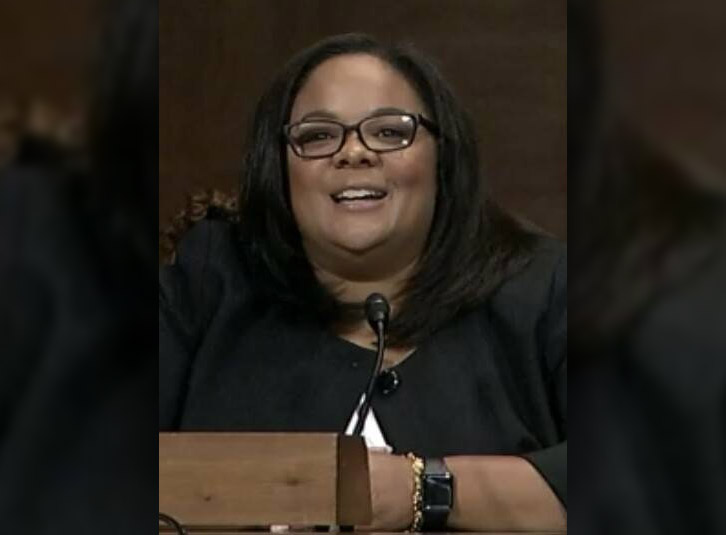Trump tariffs, migrants Crackdown set back anew

US President Donald Trump was confronted by back-to-back legal setbacks on Friday when the US Court of Appeals for the Federal Circuit ruled he went too far in declaring a national emergency to justify his sweeping import taxes, while a federal judge stalled the speedy deportation of migrants detained in the interior of the United States.
Trump had justified the tariffs under the 1977 International Emergency Economic Powers Act by declaring the United States’ longstanding trade deficit “a national emergency.”
The government had argued that if Trump’s tariffs are struck down, it might have to refund some of the import taxes it had collected and thus deliver a financial blow to the US Treasury.
‘Financial ruin’
Indeed, the Justice Department had warned in a filing this month that revoking the tariffs could mean “financial ruin” for the United States.
Revenue from tariffs totaled $159 billion by July, more than double what it was about a year before.
Trump vowed to take the fight to the Supreme Court. “If allowed to stand, this Decision would literally destroy the United States of America,” he wrote on his Truth Social platform.
Also on Friday, US District Judge Jia Cobb of Washington, blocked the Trump administration from carrying out speedy deportations of undocumented migrants detained in the interior of the United States.
The move is a setback for the administration’s efforts to expand the federal expedited removal statute in order to quickly remove some migrants without first appearing before a judge.
Cobb, in a 48-page opinion issued Friday night, suggested the expanded use of expedited removal tramples on due process rights.
Humanitarian parole
“In defending this skimpy process, the Government makes a truly startling argument: that those who entered the country illegally are entitled to no process under the Fifth Amendment, but instead must accept whatever grace Congress affords them,” she wrote. “Were that right, not only noncitizens, but everyone would be at risk.”
Cobb earlier this month agreed to temporarily block the administration’s efforts to expand fast-track deportations of immigrants who legally entered the United States under a process known as humanitarian parole—a ruling that could benefit hundreds of thousands of people.
She pointed out these immigrants face perils that outweigh any harm from “pressing pause” on the administration’s plans.
Trump had promised to engineer a massive deportation operation during his 2024 campaign if voters returned him to the White House, setting a goal of carrying out 1 million deportations a year in his second term.

















